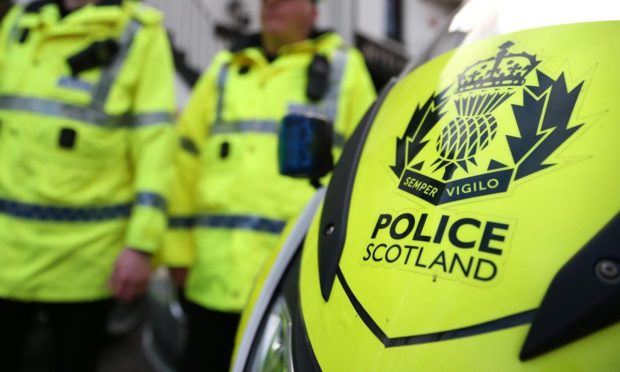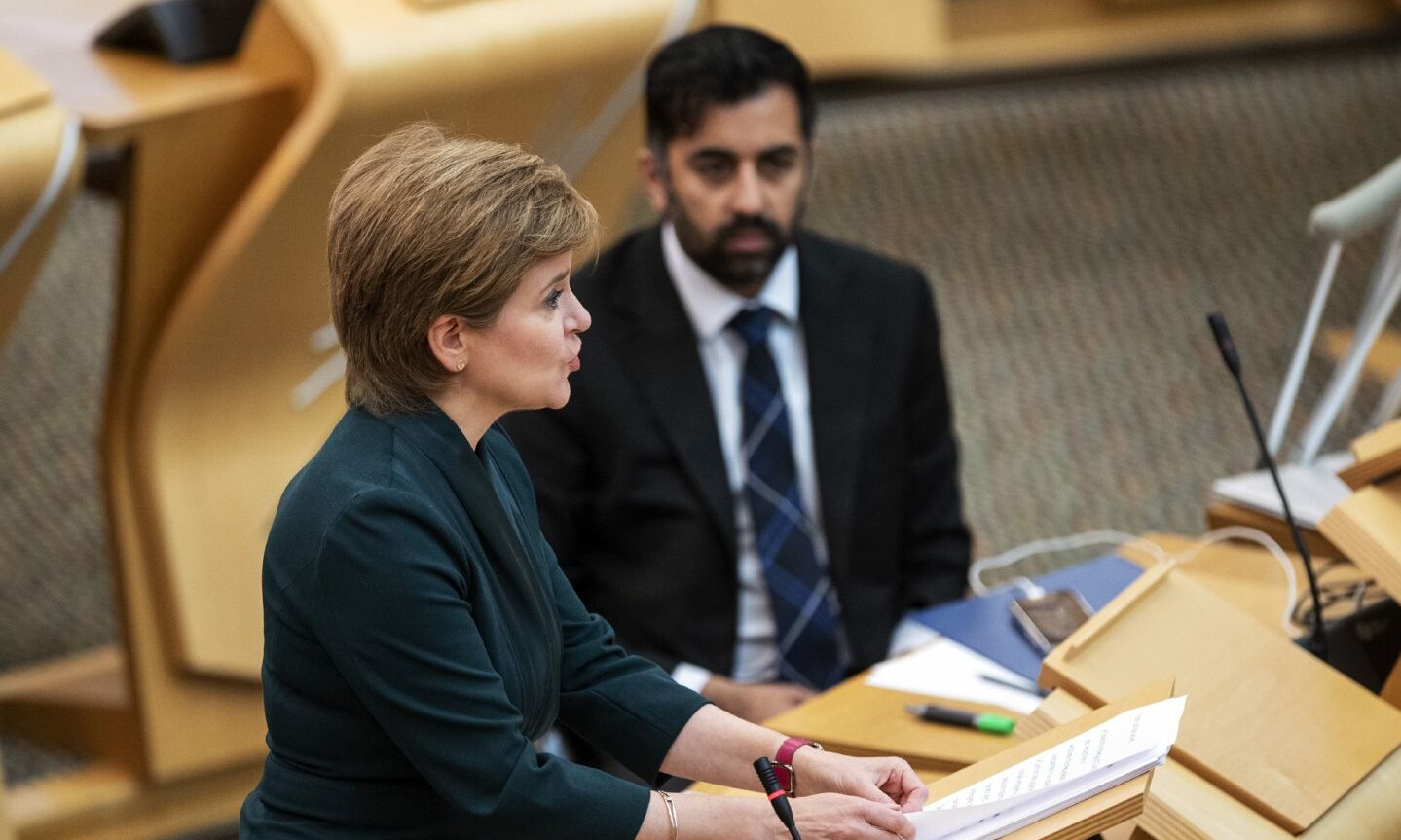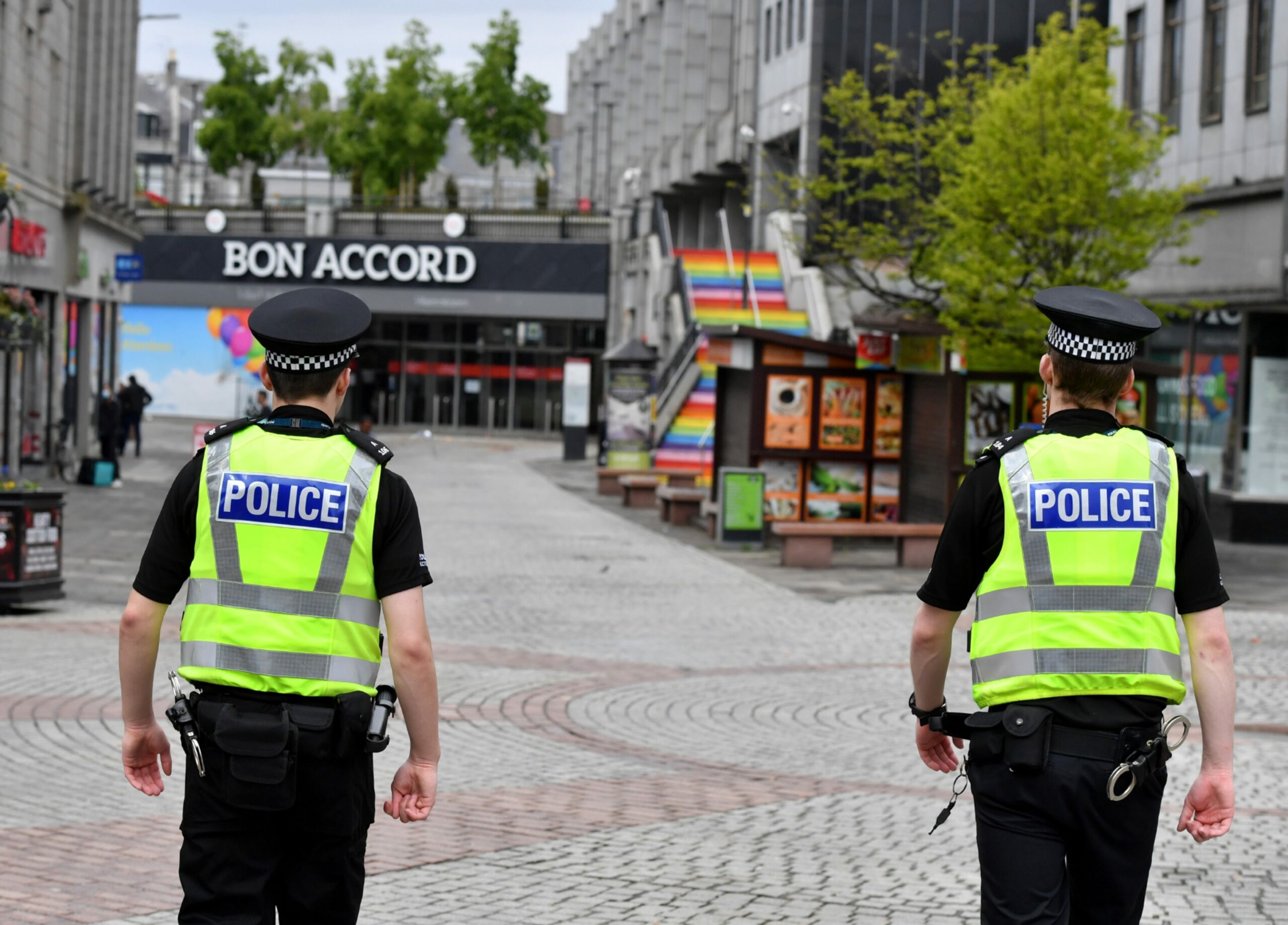My heart sank as I listened to Humza Yousaf spinning his party line after police officially gave up the fight against minor crime in the north-east.
It was well rehearsed, I’ll give him that. But utterly unconvincing and depressing.
And, before you say it, impersonating a first minister can’t be classified as a minor “offence” either. It’s more like short-changing customers by falling short of what the public expects.
What happened to the refurbished SNP we all expected to roll out of the political repair shop after a blood-spattered party leadership battle? After all, every candidate promised a new era of reconciliation and reaching out to the wider public to heal deep divisions caused by independence rhetoric. Including Humza “you were never any good at anything” Yousaf (to paraphrase the most memorable and damaging salvo of the campaign – from Dingwall destroyer, Kate Forbes).
Around the same time as Yousaf was attempting to excuse this police retreat in the face of minor crime, his predecessor Nicola Sturgeon was making her first Holyrood speech since that mind-boggling arrest. She appeared to have dressed in sackcloth and ashes as she, again, seemed to acknowledge her toxic contribution to Scottish politics.
Sturgeon had also faced gaping divide, after succeeding Salmond, but vowed to build unity following the SNP’s devastating independence defeat. Trying some humble pie, but this didn’t sit well with her digestion. Within an indecently short space of time, she took a sledgehammer to this flimsy unity façade.
Yousaf, meanwhile, has donned her gladiatorial robes with glee and embraced fully his continuity candidate credentials. Other commentators warned days ago that Yousaf was merely “Sturgeon in disguise”.
I must take my trumpet out of its box and give it a blow at this point. Months ago, while the ink was still drying on his winning ballot papers and before he had assumed office, I wrote something similar.
I said the worst thing that could happen for party and country was Yousaf carrying on like Sturgeon – with the polarising, politically-bankrupt former leader acting as a back-seat driver.
Yousaf accused Douglas Ross of seeking sensational, cheap headlines and creating division after the Scottish Tory leader’s bruising comments at Holyrood over police giving up on minor crime. That was rich, given the SNP’s own independence tactics.
It’s ironic that while Yousaf was pooh-poohing criticism, police forces in England and Wales were being ordered to start investigating minor crimes again, after not bothering previously, due to public disquiet.
Ross was merely reflecting genuine local concern. And it comes at a time when the north-east and Highlands often feel they are treated as second class by public bodies; here we go again.
Fear about pilot scheme is understandable
There is understandable fear about the pilot scheme to downgrade minor crime and concentrate instead on more important cases being trialled in the north-east.
Where they actually draw the line for making the cut is open to question.
Whereas murder, rape and organised crime are naturally top of the pile, these crimes might affect relatively few people compared to the public at large. But some communities are blighted en masse, as decent daily life is destroyed by low-level criminal and antisocial behaviour, such as unruly mobs of teenagers who run around Aberdeen city centre unchecked.
The danger is that people whose lives are being made a misery by “low-level crime” will feel abandoned by police: thrown to the wolves.
Sometimes just a regular police presence can make residents feel more secure even if there is actually little chance of catching the perpetrators. The key thing is that police are seen to be responding rather than ignoring.
It’s telling that this pilot scheme, which will inevitably be rolled out across Scotland despite public fears, is not driven by pure policing decisions – it’s about politics, budgets and lack of cash.
I fear that we will reach a situation where people won’t even bother to contact the police because they assume nothing will be done. Where it’s considered not important enough to bother them over when, in fact, it might be a serious matter worthy of serious consideration. How dangerous is that?
101 could become a brick wall
I’ve long thought that the 101 service is a filter to weed out calls and stop the public irritating uniformed officers.
I once called 101 to warn about drunken students messing about on a high pub roof; one false move meant instant death. I was told it wasn’t a police matter.
A perception of instability and uncertainty is no foundation for running a police service
It would have been if an officer was tasked to tell a mum and dad that their child was dead after falling off.
I suspect 101 will become more of a brick wall from now on.
A perception of instability and uncertainty is no foundation for running a police service. Many might ponder if they will feel more or less secure with this hit-or-miss approach. Most have probably made their minds up already.
David Knight is the long-serving former deputy editor of The Press and Journal


